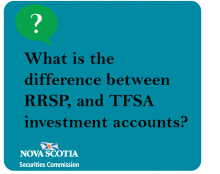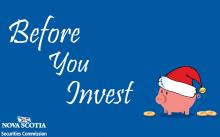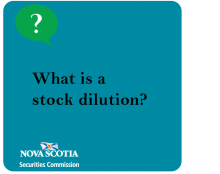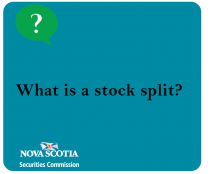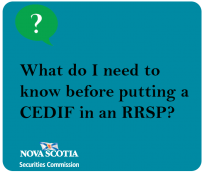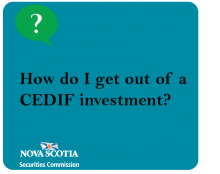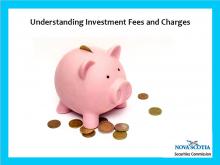Question of the Week – What is the difference between RRSP, and TFSA investment accounts?
Submitted by nsscadmin on
Tax season is coming which means for many investors it’s also RRSP season. Last year at this time we wrote a post on “Are RRSPs Securities.” This post went over the basics of RRSP accounts and how they worked.


